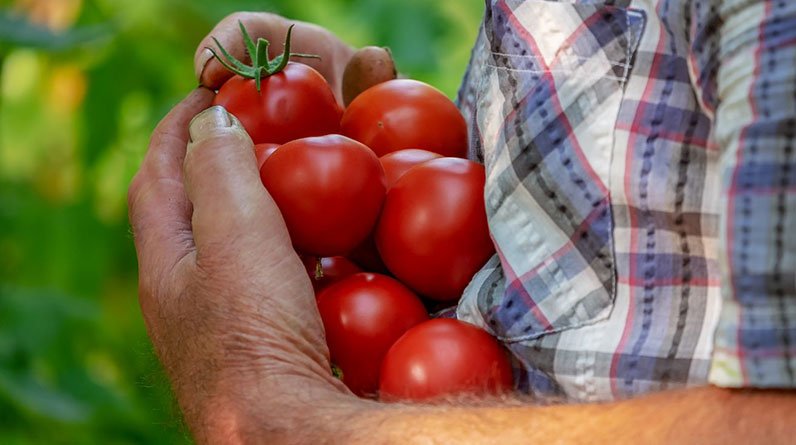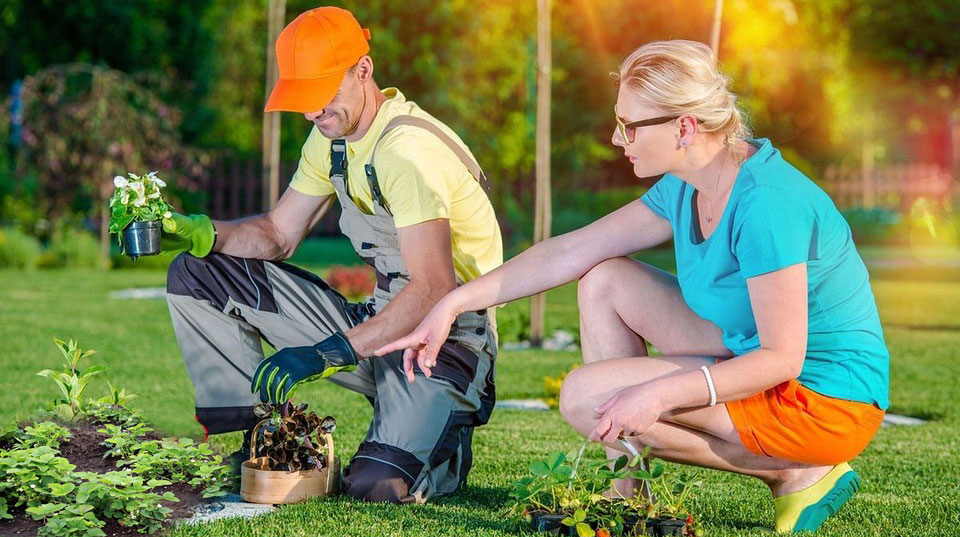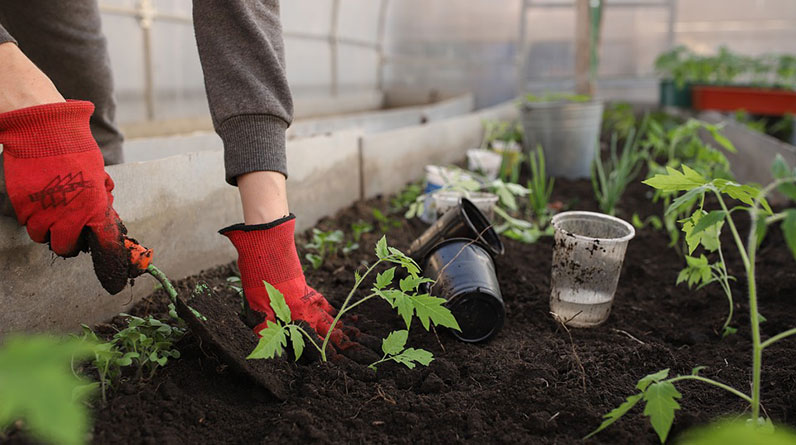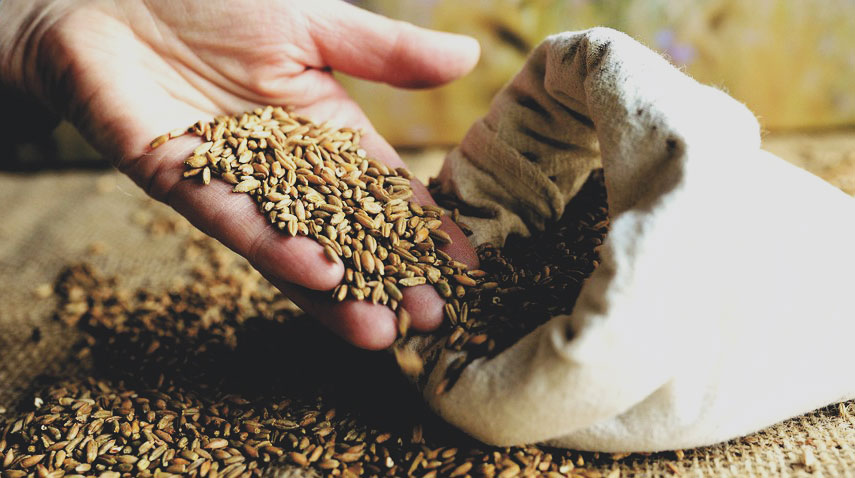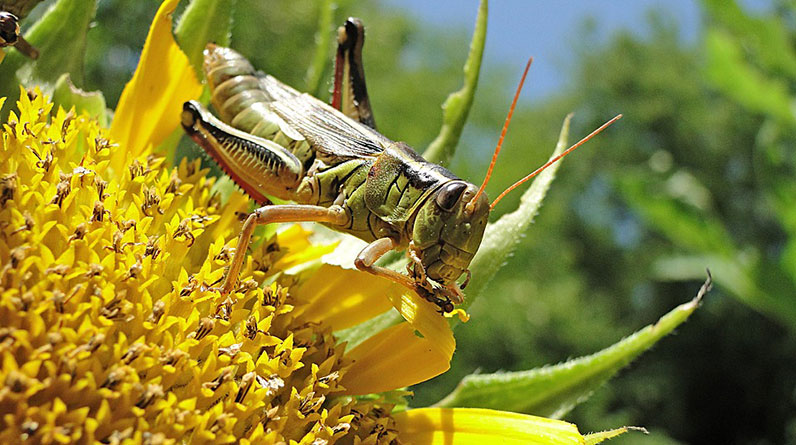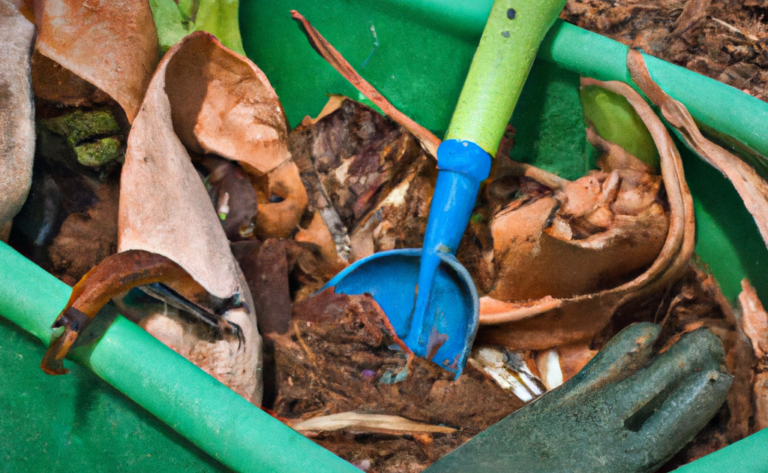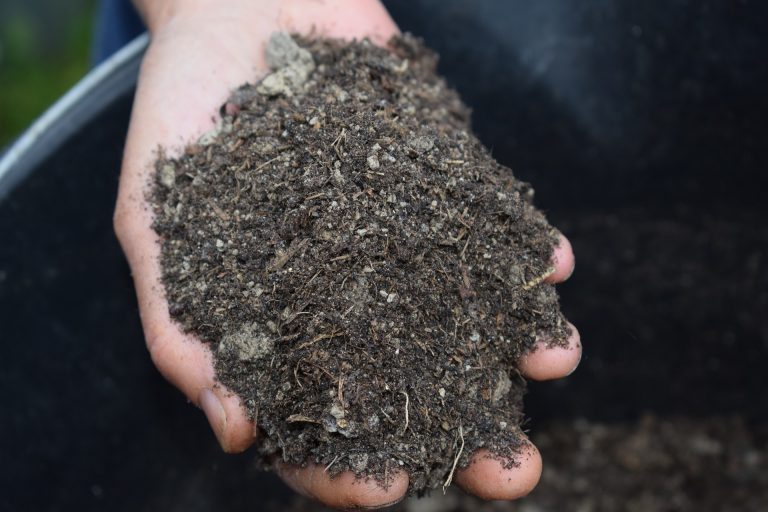Starting Your Own Organic Vegetable Garden
Growing your own organic vegetables can be a rewarding and delicious experience. Not only will you have access to fresh, healthy produce, but you’ll also be able to control how it is grown and know exactly what goes into it. Plus, organic vegetable gardening can save you money on your grocery bill and reduce your environmental impact. Here are 10 easy steps to help you get started on your own organic vegetable garden.
Choose the Right Location
The first step in starting an organic vegetable garden is to choose the right location. You’ll want to select a spot that gets plenty of sunlight (at least 6 hours per day) and has good drainage. Avoid low-lying areas that are prone to flooding and areas with heavy shade. If you don’t have a lot of outdoor space, you can also consider container gardening or starting a raised bed garden.
Test Your Soil
Before you start planting, it’s important to test your soil to see what nutrients it has and what it may be lacking. You can purchase a soil testing kit at a gardening store or send a soil sample to a testing lab. This will help you determine what amendments if any, you need to add to the soil to make it suitable for growing vegetables.
Prepare the Soil
Once you know what your soil needs, it’s time to start preparing it for planting. If your soil is compacted or heavily clay-based, you may need to loosen it up with a garden fork or tiller. You can also add organic matter, such as compost or well-rotted manure, to improve the soil structure and add nutrients.
Start With Seeds
Starting your own organic vegetable garden from seed is a fun and easy way to get started. It can be cheaper than buying pre-planted starts and it can help you get a head start on the season.
Choosing the right type of seeds for your garden is crucial. You can choose from an array of heirloom varieties, and some even come with non-treated seeds.
Many vegetables will do well in soil that is rich in organic matter. A layer of compost added to the soil several inches deep is helpful. Earthworm castings can also provide the organic materials you need for your garden.
Keeping the moisture levels of your soil constant will keep your seedlings healthy. The best method of watering is a drip irrigation system. Watering new plants should be done with a fine mist, rather than a full-strength hose blast.
If you live in a mild climate, you can enjoy indoor seed starting. Most garden centers will sell inexpensive soil thermometers. Some seed packets indicate a minimum and maximum soil temperature.
Before you plant, make sure your seeds are free of weeds, disease, and bacteria. Start by preparing your seed trays by covering them with a paper towel.
Seeds are extremely sensitive to water. Make sure the ground is well-draining. Your seedlings will dry out quickly if you place them where there is a breeze.
For a successful vegetable garden, it is essential to properly care for your seedlings. Thin out any seedlings that are too large. To thin, remove a few inches of soil from a couple of the roots of the seedling.
Using recycled containers can be helpful. These can include egg cartons, milk cartons, or peat pots.
Choose the Right Vegetables
When selecting vegetables for your organic garden, choose varieties that are well-suited to your climate and soil type. Research the specific growing requirements for each vegetable, including the amount of sunlight, water, and space it needs. You can also consider using companion planting techniques, where different vegetables are grown together to benefit each other.
Make a Plan
Before you start planting, it’s helpful to make a plan for your vegetable garden. Consider the size of your garden and how much space each vegetable will need. You can also think about the layout of your garden, such as grouping plants with similar watering and sunlight needs together.
Start Planting
Once your soil is prepared and you’ve chosen the right vegetables, it’s time to start planting. Follow the specific planting instructions for each vegetable, including the proper spacing and depth. If you’re starting plants from seeds, you can start them indoors in seedlings trays or pots and then transplant them outside once they are large enough.
Water and Fertilize
Proper watering and fertilization are key to the success of your organic vegetable garden. Water your plants deeply and consistently, making sure to not overwater or underwater them. Use a drip irrigation system or a soaker hose to deliver water directly to the roots of your plants, rather than watering from above, which can lead to fungal diseases.
When it comes to fertilization, use organic fertilizers such as compost, bone meal, and fish emulsion. Avoid synthetic chemical fertilizers, as they can harm beneficial soil organisms and pollute waterways.
Control Pests and Diseases
One of the challenges of organic gardening is controlling pests and diseases without the use of synthetic chemicals. There are many natural methods you can use, such as introducing beneficial insects, using organic pesticides, and practicing crop rotation. Keep an eye on your plants and be proactive in addressing any issues as soon as they arise.
Mulch Your Garden
Mulching your organic vegetable garden has many benefits, including retaining moisture in the soil, suppressing weeds, and regulating soil temperature. You can use organic materials such as straw, wood chips, or leaves as mulch. Just be sure to leave a few inches of space around the base of your plants to prevent the mulch from touching the stems.
Harvest and Enjoy
As your vegetables start to ripen, it’s time to start harvesting. Choose ripe produce and use it fresh, or preserve it by freezing, canning, or drying. Don’t forget to also enjoy the process of growing your own food and the sense of accomplishment that comes with it.
By following these 10 easy steps, you can start your own successful organic vegetable garden and enjoy the benefits of fresh, healthy produce all season long.
Starting your own organic vegetable garden can be one of the most rewarding experiences of your life. It is an exciting time that will give you a feeling of being in charge and that you are contributing to the betterment of our planet.
